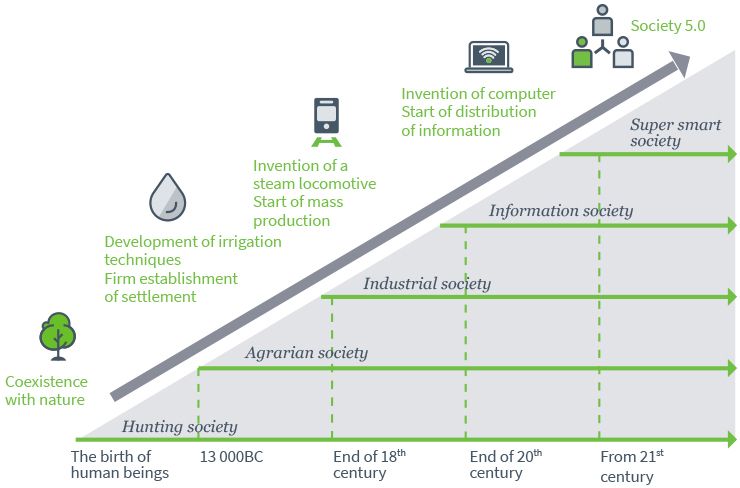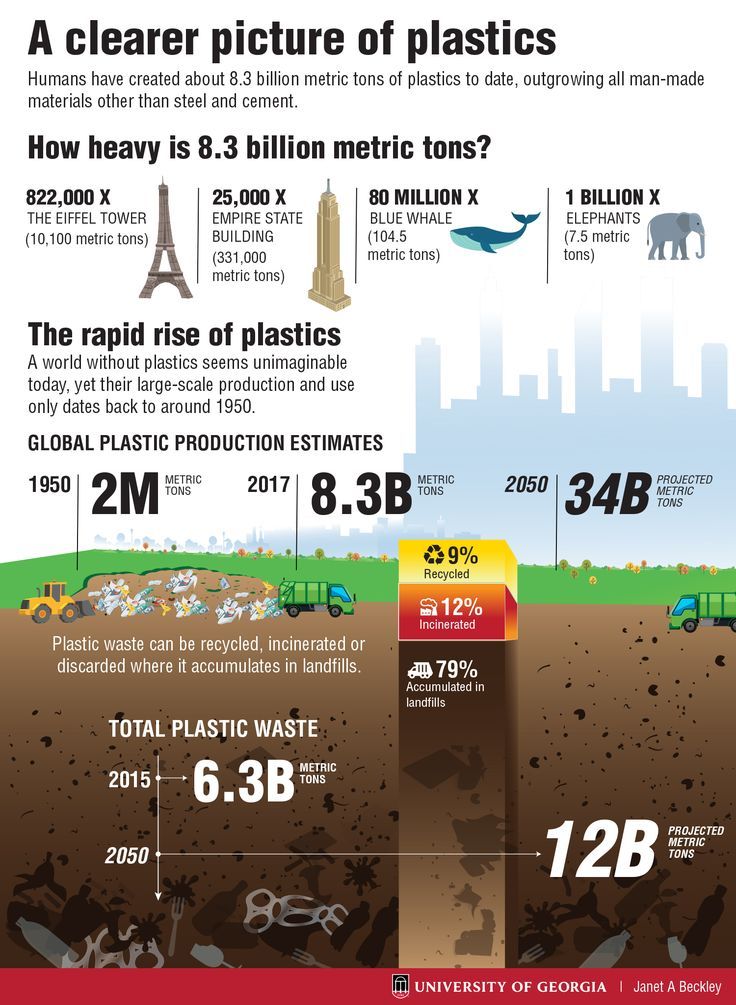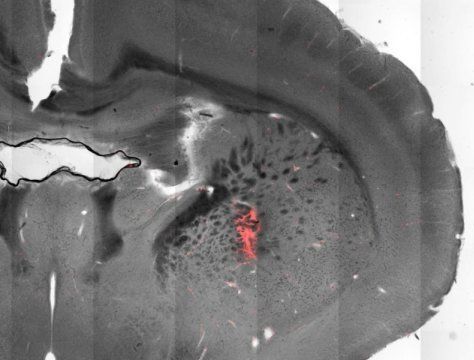Page 9202
How one researcher created a pirate bay for science more powerful than even libraries at top universities.
Aug 20, 2017
New Wind Turbines Could Power Japan For 50 Years After A Single Typhoon
Posted by Dan Kummer in categories: energy, sustainability
Figured this deserved its own post:
The other day i had this idea for wind farms on the far Northern end of Canada, where it is basically a treeless desert, and have those running along the whole coast up there. I remember Japan was working on some wind power system where if it got hit by a typhoon it would supposedly produce 50 years worth of power. The main issues would be the cost of the wind systems, i don’t even know if they are commercially available yet, secondly hooking them up to the power grid and trying to run it into the greater North American power grid, i don’t know if the power grid stretches from up there down to the main grid. The plus to this as opposed to solar is this could be running up there 24÷7÷365. Cost to do something like this, to start, probably in the neighborhood of 5 to 10 million dollars US, and would require a ton of connections.
Typhoons are generally associated with mass destruction, but a Japanese engineer has developed a wind turbine that can harness the tremendous power of these storms and turn it into useful energy. If he’s right, a single typhoon could power Japan for 50 years.
Continue reading “New Wind Turbines Could Power Japan For 50 Years After A Single Typhoon” »
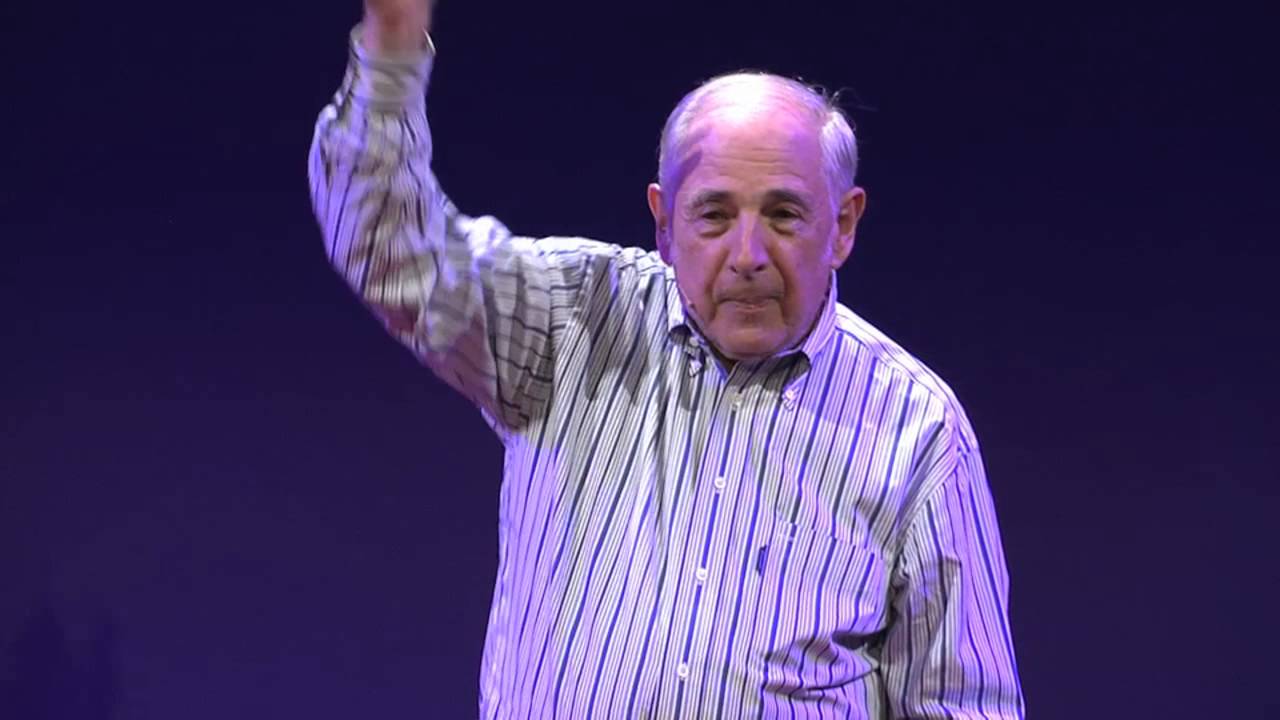
John Searle one of the world’s great philosophers of mind and language, has spent fifty years stimulating thinking around the world. What he says about consciousness as a biological phenomenon will challenge you! Cogitation, Consciousness & The Brain.
I’m going to talk about consciousness. Why consciousness? Well, it’s a curiously neglected subject, both in our scientific and our philosophical culture. Now why is that curious? Well, it is the most important aspect of our lives for a very simple, logical reason, namely, it’s a necessary condition on anything being important in our lives that we’re conscious.
Aug 20, 2017
In this talk during the first International Longevity and Cryopreservation Summit in Madrid in 2017 (http://longevitycryopreservationsummi…), prepared in collaboration with Keith Comito, LEAF/Lifespan.io President, longevity advocate Elena Milova reviews sociological studies of public attitudes towards the concept of life extension and corresponding technologies
Posted by Steve Hill in categories: cryonics, education, geopolitics, life extension, neuroscience, transhumanism
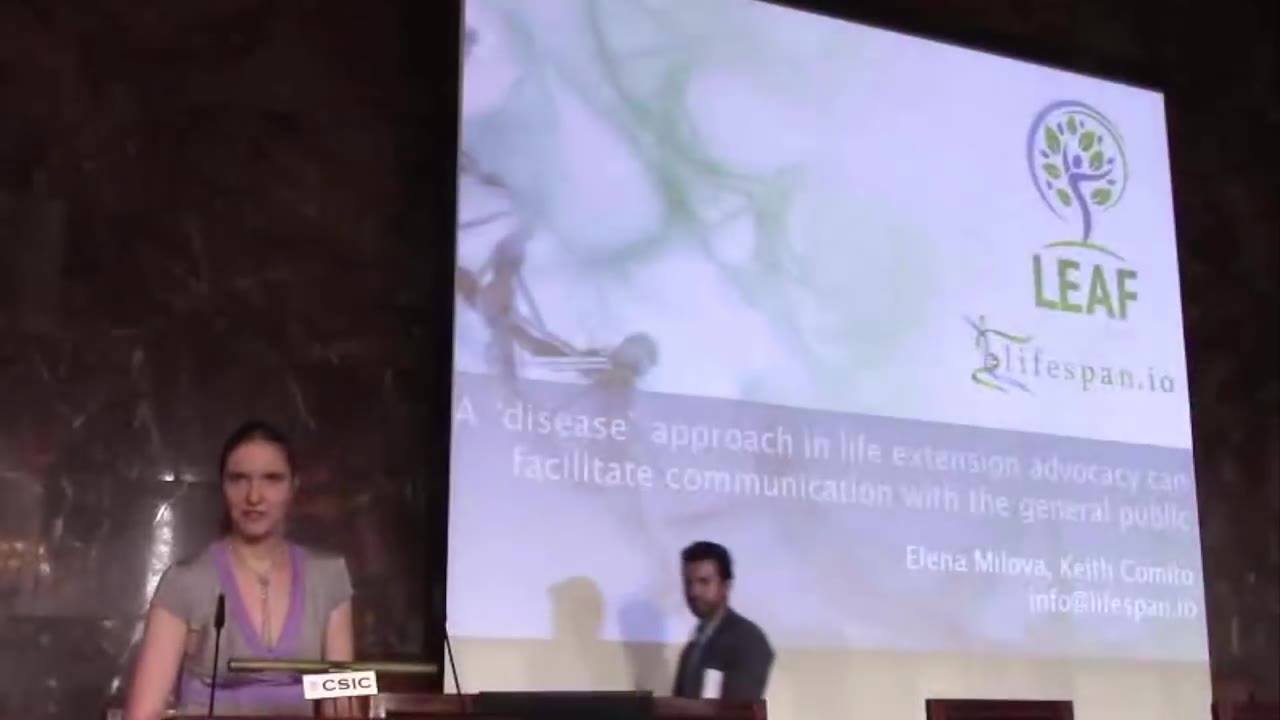
She goes on to detail which expressions and messages can increase public acceptance and which have proven to be counterproductive. Related cognitive biases are also briefly discussed.
Elena is a LEAF/Lifespan.io Director of the Board and the head of its Outreach/Fundraising committee, and has been a longevity activist and advocate since 2013. Since then she has organized educational events to make new evidence-based methods of healthy life extension more popular, and is member of the Russian transhumanist movement.
Digital disruption affects almost every organisation in the world. We explore the impact of disruptive technologies and outline an agile approach to transformation.
Aug 20, 2017
How to cope with anxiety: Olivia Remes
Posted by Müslüm Yildiz in categories: health, neuroscience
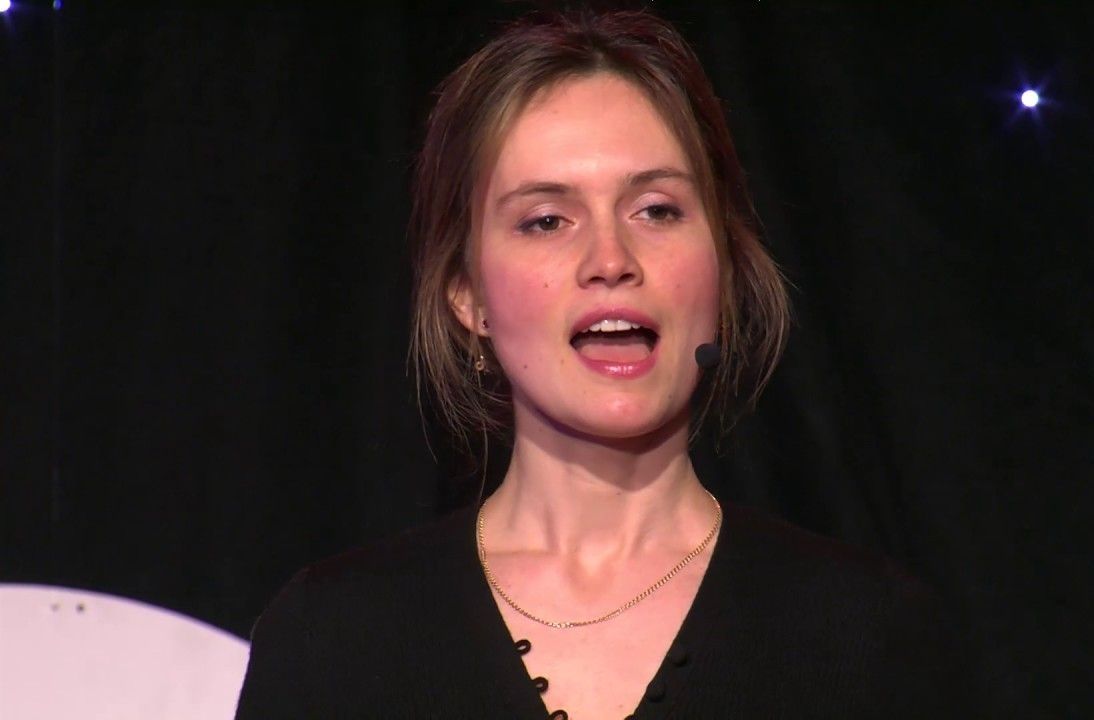
Anxiety is one of most prevalent mental health disorders, with 1 out of 14 people around the world being likely affected. Leading up to conditions such as depression, increased risk for suicide, disability and requirement of high health services, very few people who often need treatment actually receive it…
In her talk “How to cope with anxiety”, Olivia Remes of the University of Cambridge will share her vision on anxiety and will unravel ways to treat and manage this health disorder. Arguing that treatments such as psychotherapy and medication exist and often result in poor outcome and high rates of relapses, she will emphasise the importance of harnessing strength in ourselves as we modify our problem-coping mechanisms.
Aug 20, 2017
While sugar impairs memory and learning skills, eating chocolate improves brain function
Posted by Müslüm Yildiz in categories: biotech/medical, food, neuroscience

Researchers at UCLA (University of California, Los Angeles) conducted a study in 2012 on rats and found that a diet high in fructose hinders learning skills and memory and also slow down the brain. The researchers found that rats who over-consumed fructose had damaged synaptic activity in the brain, meaning that communication among brain cells was impaired.
Study’s lead author Dr. Fernando Gomez-Pinilla said in a statement that “Insulin is important in the body for controlling blood sugar, but it may play a different role in the brain. Our study shows that a high-fructose diet harms the brain as well as the body.”
Aug 20, 2017
The Plastic Garbage Now Equals the World’s Population in terms of Tons
Posted by Yugal Agrawal in category: materials
Aug 20, 2017
Scientists use magnetic fields to remotely stimulate brain — and control body movements
Posted by Shailesh Prasad in categories: biotech/medical, neuroscience
Scientists have used magnetism to activate tiny groups of cells in the brain, inducing bodily movements that include running, rotating and losing control of the extremities — an achievement that could lead to advances in studying and treating neurological disease.



